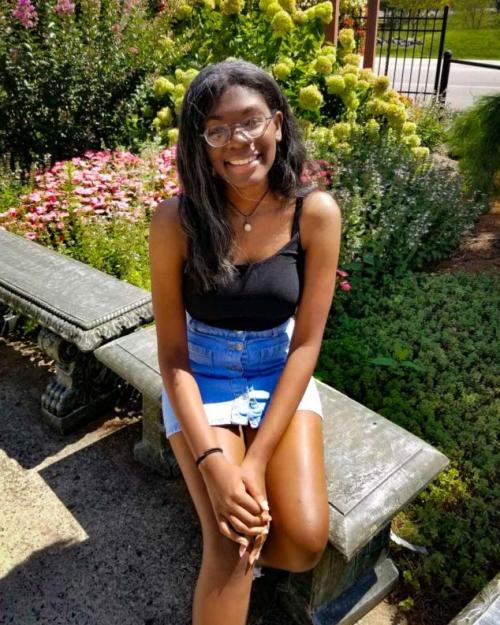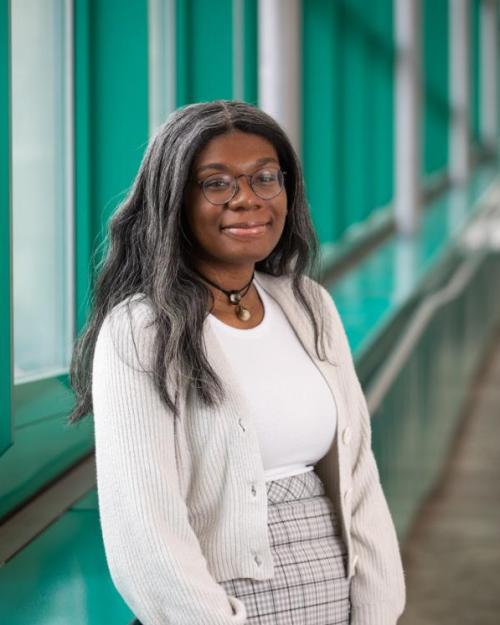Trinity Stewart
Anthropology and Sociology
Plainsboro, N.J. and Issaquah, Wash.
Why did you choose Cornell?
I remember attending an information session and asking a rather odd question: "If Cornell was a person, who are they?" The admissions counselor took my question in stride and gave an answer that I found extremely compelling. More than the actual answer, however, I appreciated that my question was taken seriously. She stood there and really thought about it, and gave me details that I wouldn't have gotten otherwise. That confirmed to me that I was applying to the right place.
What was your favorite class and why?
One of my favorite classes was Sociology of Sex and Gender with Professor Vida Maralani. I never expected to enjoy a course with this topic, but the environment that the teaching team created was one of the most comfortable and intellectually stimulating that I've had at Cornell. It's always a joy to be in spaces where serious discussions can be inclusive, productive, engaging and fun rather than feeling like a competition.
What is your main extracurricular activity and why is it important to you?
My main extracurricular is research. Through the encouragement of many professors including my advisors (Professor Frederic Gleach and Professor Sofia Villenas), I was able to stretch the limits of what I and many others consider to be a "worthy project." My research allowed me to do something that I enjoy and that is close to my heart — talking with and learning from creators of color. It was an honor to be able to work with so many great people through research.
What have you accomplished as a Cornell student that you are most proud of?
I am proudest of my work with the History Center in Tompkins County. I visited when I was a first-year student as part of a course with Professor Villenas and it legitimately shaped the rest of my college career. I was able to intern for them for 2.5 years. The research that I've conducted for the fellowships I've had following that experience (Mellon Mays Undergraduate Fellowship, Humanities Scholars Fellowship, Oral History Fellowship) all stem from what I learned at the History Center.







